What can we learn about coronavirus from the Great Plague?
Shops, bars and restaurants were closed, travel was banned and residents put on lockdown. Britain 355 years ago was not so dissimilar to today, but what can the last catastrophic epidemic this country faced teach us about how to deal with coronavirus? Mick O’Hare travels back to 1665

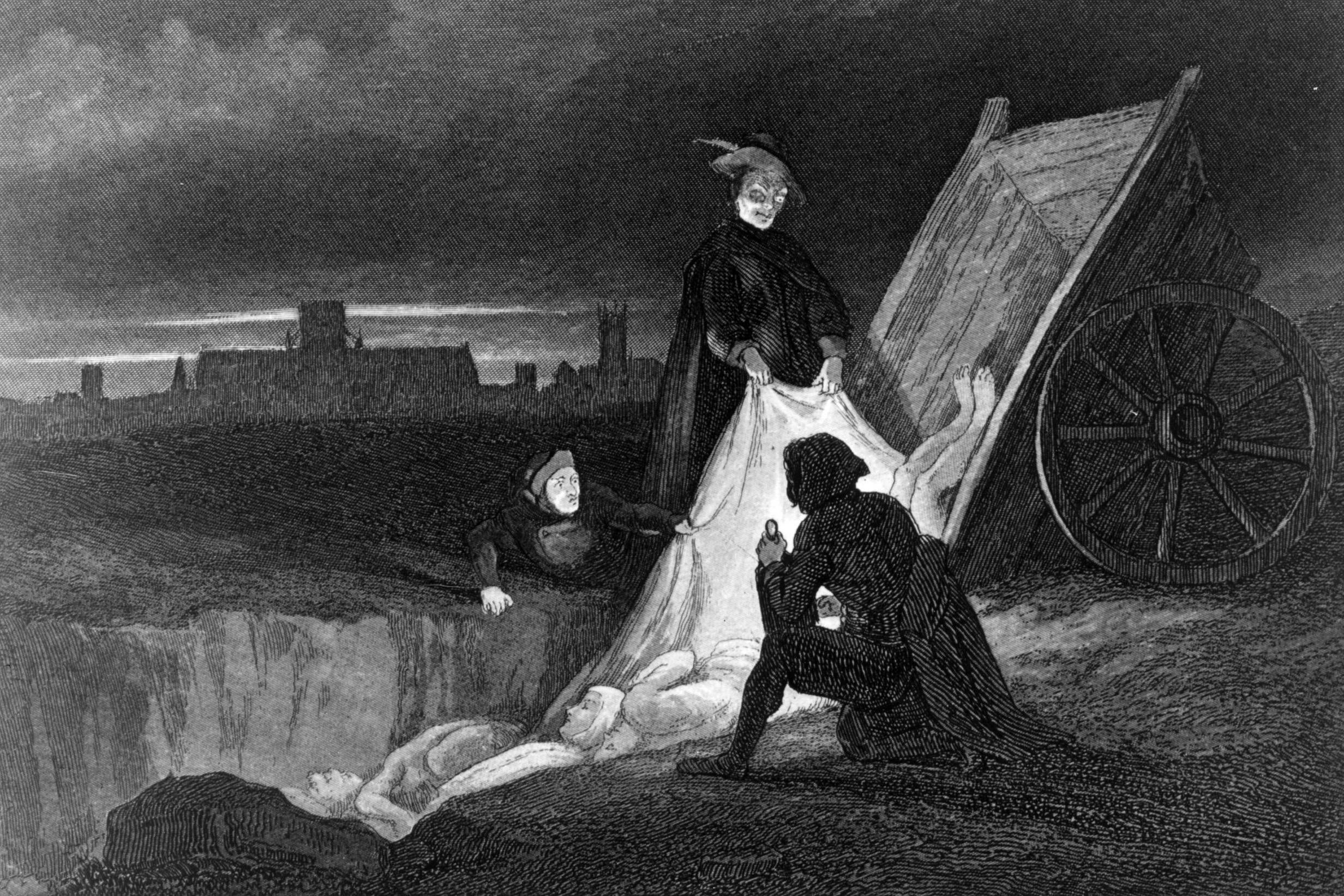
A disease with no cure, spreading rapidly throughout London and beyond, just as summer appears on the horizon. Coronavirus may scare the pants off many of us but being forced to stay home, eschew public gatherings and having to visit 10 supermarkets before you can pick up a bag of fusilli is trifling compared with what was happening in the capital 350 years ago.
In the sweltering summer of 1665, plague came to London. Then, as now, the city was England’s centre of what was a world pandemic. At its peak, in the month of September, it killed 8,000 Londoners every week – almost certainly an underestimate; many victims were simply not recorded. The official death toll was 68,596, but by the time of the Great Fire of London the following year, it had killed possibly as many as 100,000 (records are, for obvious reasons, sketchy or were destroyed in the blaze). This was around 20 per cent of the city’s population. And, unlike today, in a world without modern medicine it was survival of the fittest in a city where hygiene was virtually unknown. Tenements overflowed with humanity and the streets congested with untreated sewage, slops from butchers and general refuse thrown from homes along with the flies that fed on it all.
Bubonic plague wasn’t new to the city. In fact, the Great Plague, as the 1665 outbreak has become known, wasn’t even the worst London had experienced. The Black Death of 1348 killed around half of the city’s and Europe’s populations – the most devastating pandemic in human history – while further bouts of bubonic plague also wrought havoc. The 1563 outbreak killed a quarter of London’s population, and was followed by major epidemics in 1603, 1625 and 1636. But maybe 1665 is remembered because it was the last significant outbreak in England and was followed almost immediately by the Great Fire – two years that left a scar on the city’s consciousness. And in those days London’s population was around half a million – England’s next biggest city was Norwich with a population of only 30,000.
That year the conditions were perfect for bubonic plague to thrive. Yersinia pestis is a bacterium found in fleas that live on black rats. And unbeknown to the 17th century populace, Yersinia was the cause of the disease. A bite from an infected flea pretty much spelled death. The previous winter had been mild, so the rat population wasn’t culled by the cold, and the subsequent summer was hot, very hot. Rats were swarming and plague bacteria was multiplying.
Officially, the first reported victim of the 1665 plague was in Covent Garden’s Drury Lane. That was in April, although suspicions had been raised by a surge in deaths over the previous two months. Contemporary diarist Samuel Pepys first mentioned plague at the end of April. By the end of May it was rampant, and it seemed there was no end in sight. In June, Pepys was writing: “To bed, being troubled by sickness, and particularly how to put my things and estates in order, in case it should please God to call me away.”
London’s medieval city plan meant that houses were small, damp and poorly ventilated while the streets were often no more than narrow alleys and courts. Anywhere with densely packed and impoverished inhabitants was likely to fall victim, but the disease struck some areas more notably than others, with no obvious pattern emerging. Neighbourhoods south of Fleet Street and Ludgate Hill, close to Covent Garden, saw 70 per cent of the population succumb, yet the areas south of the Strand to the Embankment recorded no deaths. St Giles, one of the poorest and most decrepit areas of London, suffered terribly, but Holborn did not.
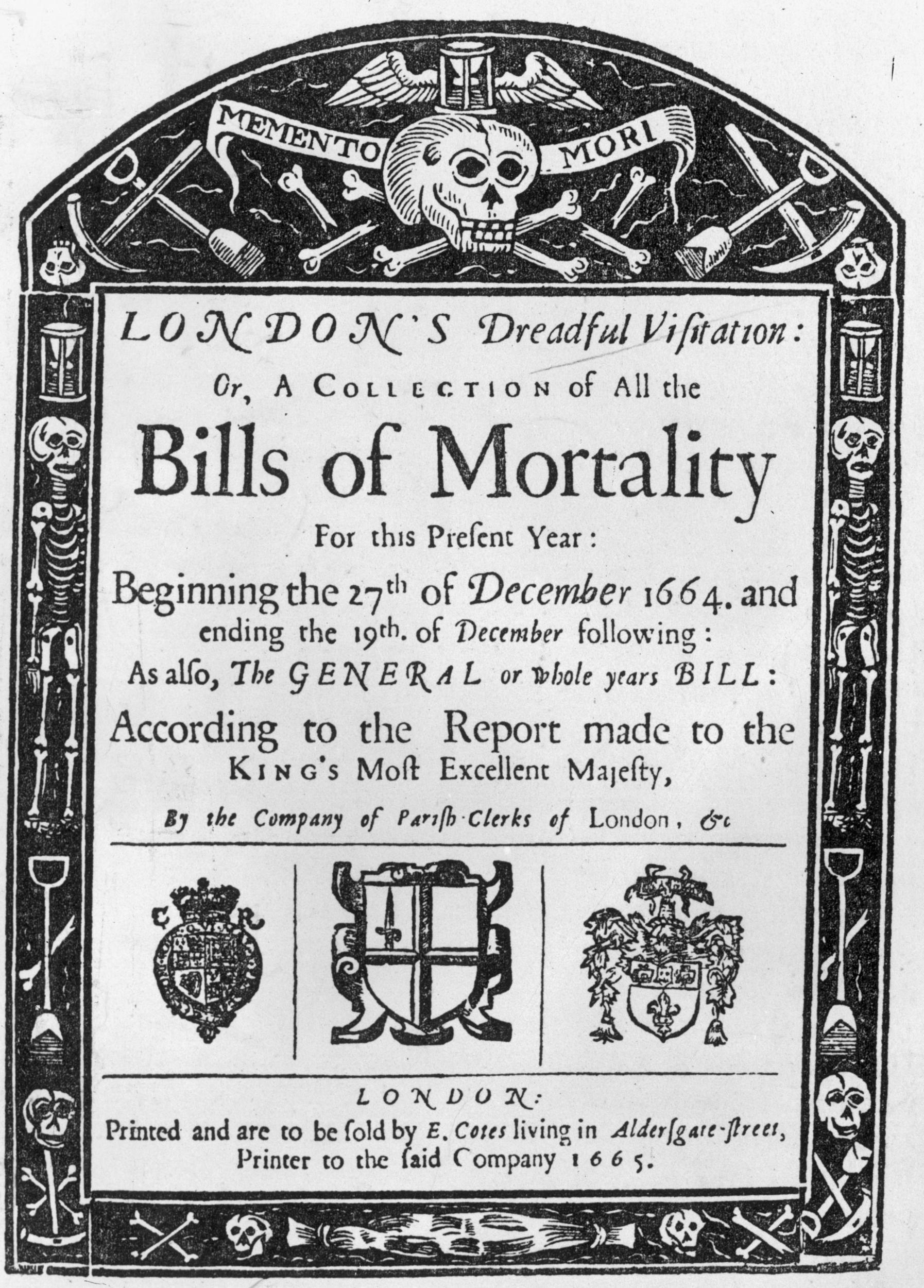
This may have been because the authorities restricted movement to and from plague-ridden districts. Then as now, the authorities attempted to control public interaction. And travel outside the city was limited to those carrying a certificate, but these cost money as well as a clean bill of health, so only the wealthy could escape – King Charles II moved to Salisbury, and then to Oxford, as did parliament and the London legal courts. Some people also removed bodies overnight to other neighbourhoods in order to claim theirs was plague-free, so it’s possible some parts of the city had more deaths than were recorded.
On the other hand the Lord Mayor John Lawrence, the aldermen of London and other people in positions of power or influence opted to stay, including many physicians. In particular, the newly installed vicar of St Paul’s in Covent Garden, Simon Patrick – later Bishop of Ely – won praise from parishioners and fellow clergy alike for staying throughout the epidemic, and holding four daily services to minister to bereaved and frightened locals.
And, just like now, there was much the authorities – led by Lawrence and the City of London Corporation – didn’t know about the illness they were dealing with, so were essentially acting blind in their attempts to stop the disease. Taverns were closed, public assemblies banned, no new lodgers allowed into family homes, and the mayor ordered streets to be cleared of sewage – all, with hindsight, likely to be beneficial – but most legislation was effectively carried out with no knowledge of epidemiology or pathology. (It wasn’t until 1894 that bacteriologist Alexandre Yersin identified Yersinia pestis as the transmission agent and for good or bad had his name enshrined in its taxonomy.) Back then, events as obscure as weather patterns or the sight of a passing comet or a society ridden with irreligious sin were all blamed for the outbreak.
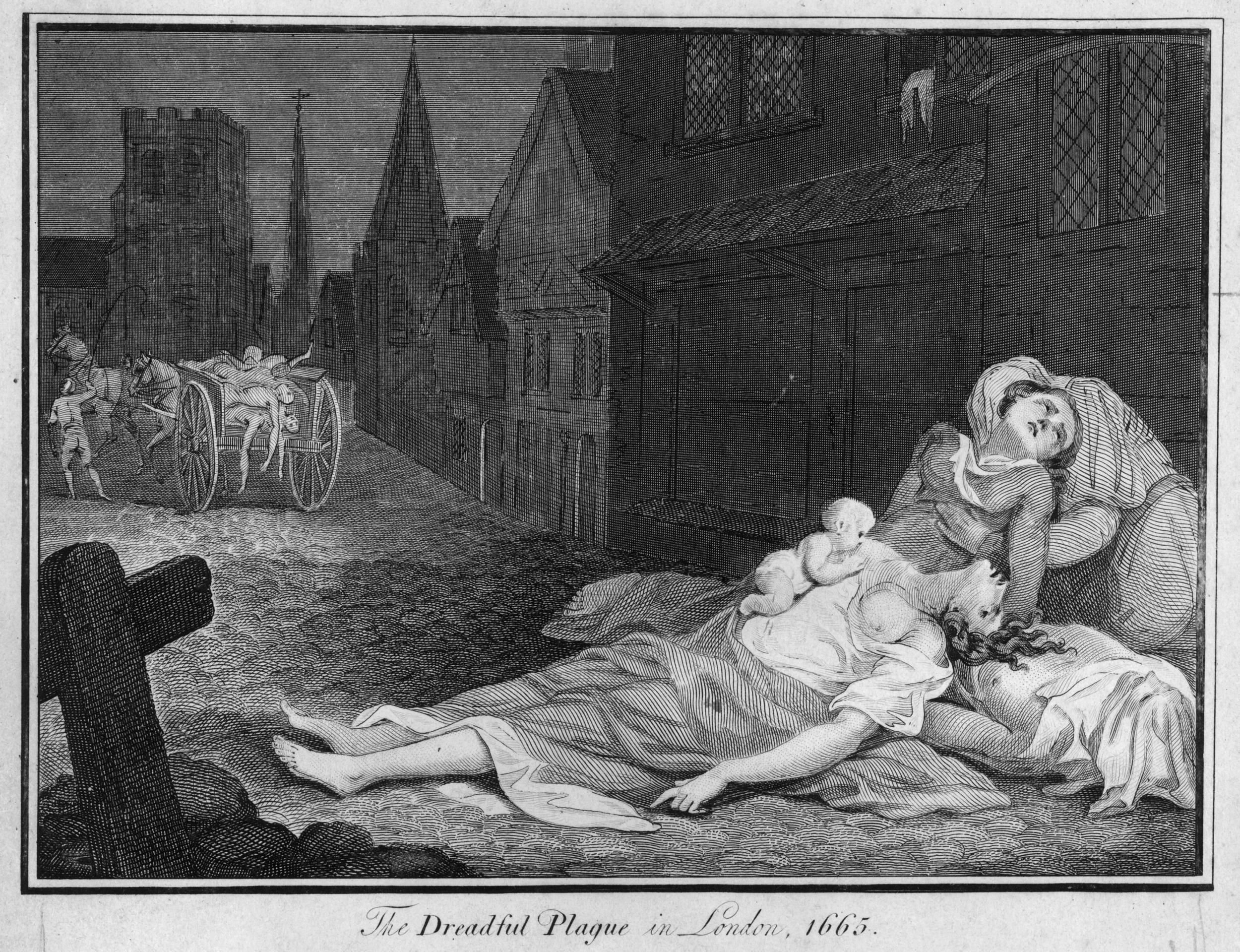
But the numbers kept rising, witnessed by the London Bills of Mortality posted every week on parish church doors. The government’s Privy Council realised quarantine was the only chance of halting the plague – the equivalent of Boris Johnson’s 23 March decree to “stay at home”. This wasn’t 14 days of self-isolation with Netflix though. If your home had a plague death within, it was boarded up with the remaining residents still inside, a red cross slashed across your door. “The plague [is] making us cruel as dogs,” wrote Pepys as watchmen were posted outside plague houses to ensure nobody left for 40 days. At one point it was estimated that half the population of St Giles was detained.
Unsurprisingly, those inside frequently succumbed too, meaning that deaths often went unrecorded. Family members would drag a body through the backstreets at night in attempt to ensure the authorities did not arrive with the feared red paint, hammer and planks. In the end breakouts of the incarcerated were so common that the corporation ordered pesthouses to be built where individuals could be treated (or more likely die) so that the rest of their household wasn’t condemned by being boarded in with them.
The disease was virulent and rapid. It could start with a sniffle and within 48 hours the victim was dead. And it was known as bubonic because of the lumps or ‘buboes’ that formed
Of course, as with all vectors of disease, if the agent responsible is removed from the environment there will be no transmission – it’s the thrust of the government’s Covid-19 policy today. So if an individual was bitten by Yersinia outside the home and did not carry the fleas back into their dwelling, other people there could avoid infection. Needless to say, of that, they were unaware.
Sheer numbers – on some days corpses would be propped up outside homes awaiting collection – meant normal burials were suspended and huge plague pits dug in and around the city to accommodate the cadavers, the sites of which are still being discovered today, most recently at Liverpool Street during the Crossrail excavations (Crossrail construction, ironically, has been suspended during the coronavirus outbreak). Twenty years later Lord Macaulay wrote that the pit in the parish of St Giles was “a field not to be passed without a shudder by any Londoner of that age, a pit into which the dead carts had nightly shot corpses by scores”.
The disease was virulent and rapid. It could start with a sniffle and within 48 hours the victim was dead. And it was known as bubonic because of the lumps or “buboes” that formed in inflamed lymph nodes. Although disputed as being from the era, the symptoms are described in the nursery rhyme “Ring-a-ring o’roses” (“a pocketful of posies, a-tishoo, a-tishoo, we all fall down”), which describes the rose-coloured swellings that first appear and posies of herbs carried to ward off infection. Then came sneezing after which victims would fall down, or die. Sneezing was an early symptom and is the reason people still say “bless you” after somebody sneezes. Pope Gregory I suggested the blessing during an earlier epidemic, hoping it would stave off death. Will we all be singing “Covid-19” to the tune of “Come on Eileen” in 300 years time?
But the outward manifestation of the disease itself – not merely the threat of death – also drove Londoners’ fears. It affected the nervous system, inducing delirium leading to some sufferers, covered in sores, roaming the streets screaming wildly. Archivist Stephen Porter of Gresham College in Holborn wrote in his essay “Disease and the City” that some people preferred to risk syphilis, which was believed to provide plague immunity, because with the former it took longer to die a more painless death.
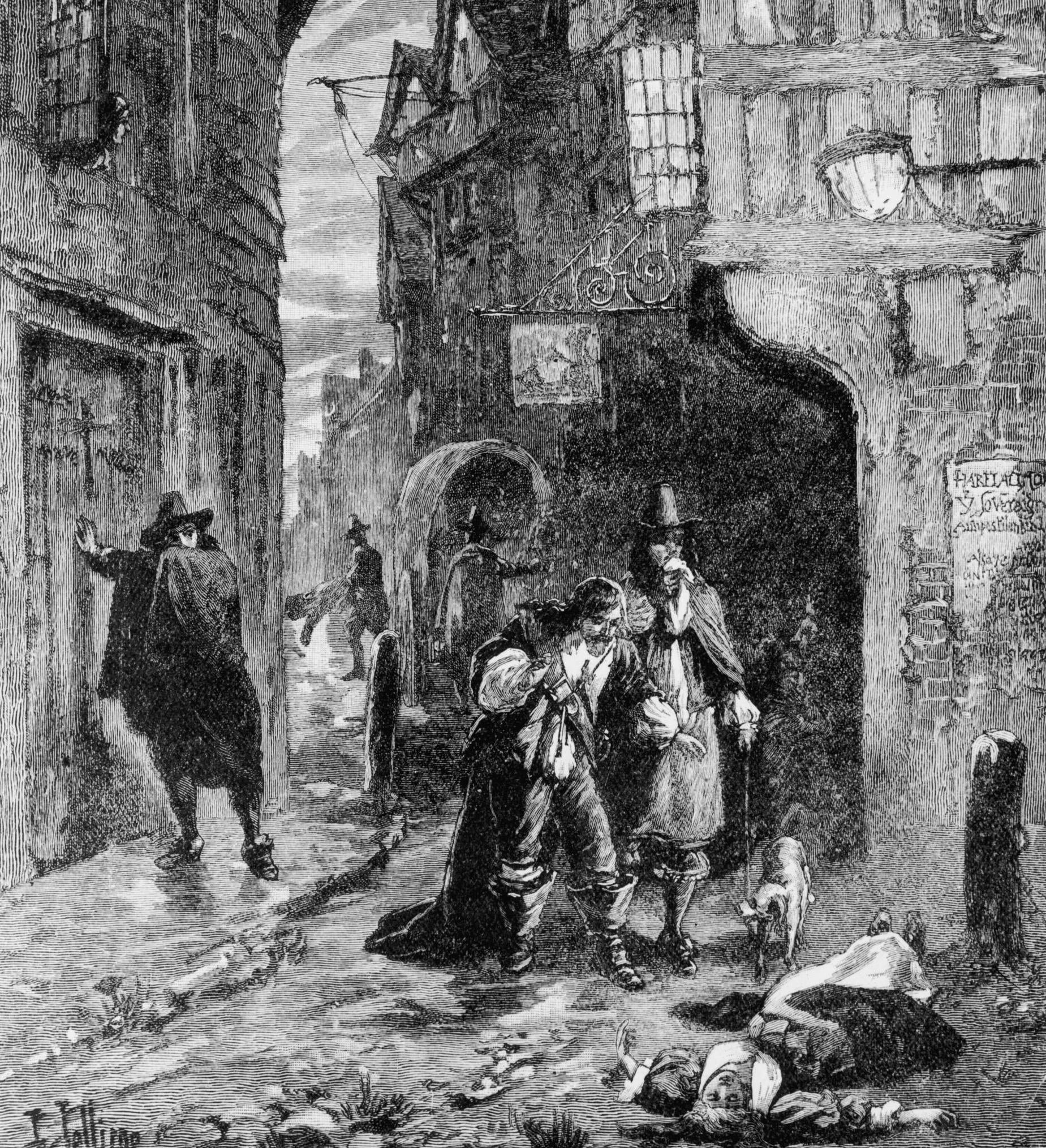
And faux remedies abounded, from cinnamon and cloves mixed with white wine, to crushed ivy berries or even tobacco (shades of taking a hot bath or sterilisation under ultraviolet lamps amid the current viral outbreak). Herbs were placed outside front doors to “clear the air”, and carried in pomanders or handkerchiefs, while onions became prized. It was believed peeled onions left on the ground could absorb the infection. Blood-letting, as ever, was common. But the death rate remained a terrifying 50 per cent. The cliche of cart drivers trailing around the city calling “bring out your dead” was true. And because the church bells still rang out for each burial, the noise of the trundling carts and the tolling bells was not one invented by movie directors.
Throughout the summer the numbers of dead soared, and then peaked in September but as autumn headed towards winter and rat populations diminished it slowly ran out of steam, although it would not be until the following year that life returned to normal.
But what was life like for those who made it through those traumatic months? Now that we are attempting to halt the spread of a new disease, can parallels be drawn between then and now? While fear is apparent today, it was nothing like the horror of 1665. Current estimates of the death rate of Covid-19 are between 1 and 2 per cent, lower if you are fit and healthy. Bubonic plague was swift, ferocious and made no distinctions: get it and you had a one in two chance of dying.
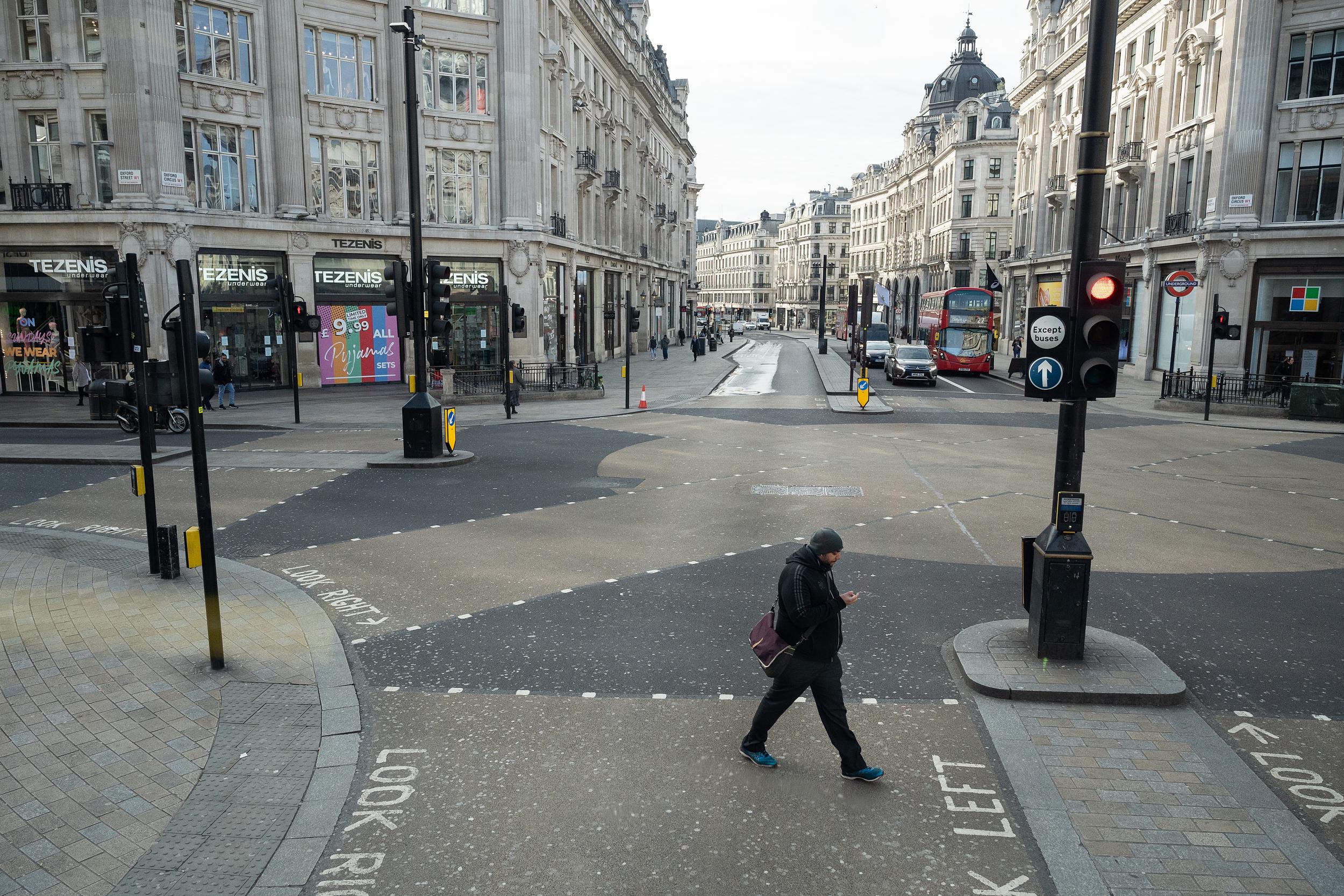
Outright terror was pretty much the default emotion for every resident. Those who could flee did, the rest – mainly the poor in their cramped and unsanitary conditions – remained using, but only half-believing, almost any remedy (and being as unsuccessful as those drinking cow urine or eating garlic today). And the authorities were getting desperate. Because the city stank of faeces and general waste deposited on the street, made worse by the summer heat, they surmised that the smell could be the cause of the plague, and demanded that bonfires burn day and night “at every 12th door” to mask the odours. James Angier of High Holborn was paid by the corpration to burn a mix of brimstone, amber and saltpeter inside local plague houses to disinfect them. Others believed cats and dogs to be the source of infection and sporadic culls took place, probably exacerbating the situation as these helped to keep the rat population in check.
And with fear, of course, comes hearsay. How many people today believe that Covid-19 is a Chinese (or CIA) bioweapon? The local clergy, always happy for a “clean-up” of society were complicit in spreading the rumour that alehouses, brothels and theatres were the likely source of the contagion. Many were closed, avoided or even vandalised. Beggars too were forced to leave the city. The population was ordered to pray to cleanse itself while healthy people trapped in boarded-up plague houses were told the experience would “purge them of the demons inhabiting their souls”.

In an obvious parallel with today, trade and business pretty much ceased. London was so quiet grass began to grow in the streets. Those tradesmen who could leave did; the ones who remained provided essential services or became beggars. Pepys noted: “Lord! How empty the streets are and how melancholy, so many poor sick people in the streets full of sores… in Westminster, there is never a physician and but one apothecary left, all being dead.” Some apothecaries remained open, dealing out remedies of questionable efficacy, while the mayor insisted on paying extra for corn to be delivered to feed those who remained, so limited were shops providing food.
And modern supermarkets are now paralleling the actions of shopkeepers in 1665. It was one-in, one-out at many of the stores that remained open, suggesting that citizens believed the disease could be transmitted between individuals – what we are calling social distancing today. And as we now disinfect keypads and card machines, vegetables left by people who lived outside the city in designated areas were paid for by coins “disinfected” in water.
London was the route for almost everything that arrived into England from abroad in the 1600s and as plague spread throughout Europe imports were held in quarantine, with exports suffering the same restrictions after leaving England. And, once again, as with coronavirus, nations shut up shop – Scotland closed its border with England.
Yet the fear its name strikes into us even today shows why worldwide reaction to coronavirus is not mere hyperbole
Of course, as with any economic upheaval there are those who might sense an opportunity – Tim Martin and Mike Ashley have their inspirations – we shall doubtless see the same later this year. The death toll created huge gaps in employment, exploited by young people from outside the capital whose meagre income had been further disrupted by the lack of London-based trade. Even before the disease had run its course they were heading to the city, despite the risks.
How quickly did normality return? How soon will we disregard the effects of Covid-19? Well comparisons can only be trite at best. Society is structured entirely differently today. But by the end of September, Pepys was already writing: “I do end this month with the greatest content.” Most people who had left the city, especially the monarch and his wealthy entourage – who were seen as something of a litmus test for the rest of the population – were back by the following February, Ironically, however, when viewed through the prism of modern Britain, Parliament remained prorogued until September 1666. And the influx of people looking for work meant that, by March, business was thriving. Lord Clarendon, the lord chancellor, wrote that month: “... the streets were as full, the Exchange as much crowded.” There was a surge in marriages and births (something predicted for the aftermath of the coronavirus pandemic) and the population of the city was already exceeding its pre-plague level by 1667. And while the disease occasionally resurfaced sporadically, the last recorded death in London was in Rotherhithe in 1679.
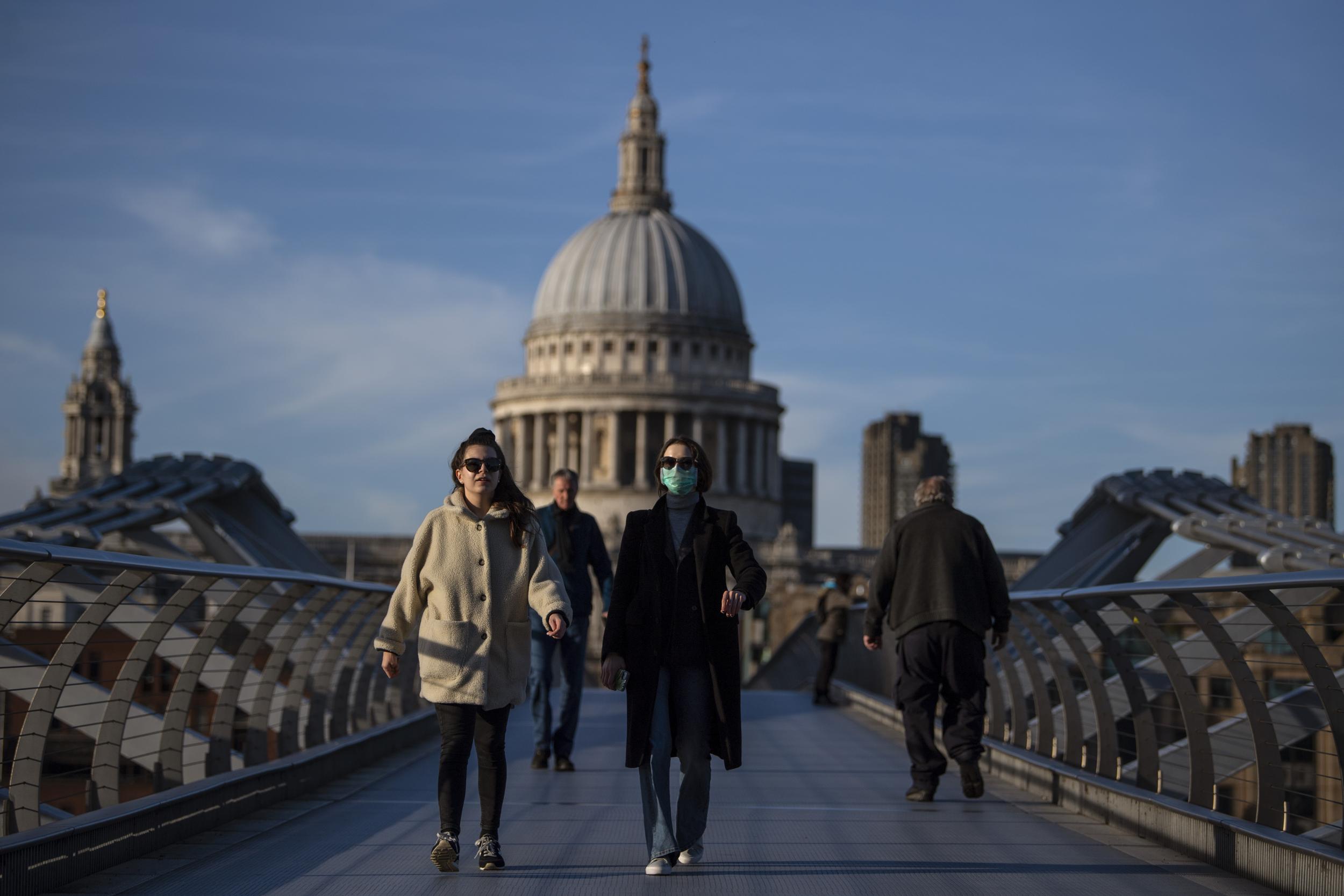
The Great Fire of 1666 was, for a long time, believed to have been the cleansing event London needed to rid itself of plague but that has since been challenged. Deaths had begun to fall long before the conflagration. Certainly the rebuilding of the city after the fire introduced better housing, wider thoroughfares and new sewers which would have helped reduce rat infestations, but bubonic plague was essentially a disease of commerce and travel, much like Covid-19. It spread from city to city, country to country, in ships and the products they carried. It’s entirely possible that the policy of quarantining vessels in ports halted re-infections. The Thames and the docks were notably silent during the outbreak and very few overseas traders chose to visit London.
Are there any other lessons, however tenuous, that we can learn from the Great Plague? Well back then the actual level of contagion, much like today, was unsure. Coronavirus is passed from person to person by touch or through the air, bubonic plague in nearly all cases was not – it needed a flea bite. This meant that in some households everybody would die through, perhaps, flea-contaminated clothing. In other houses only one person would succumb because there was no flea infestation.
It’s unlikely bubonic plague could strike London or anywhere again with the force it did in the past, although it still surfaces in pockets around the world. The last cases in Britain were in Suffolk more than 100 years ago and modern antibiotics can stop infection in its tracks. Yet the fear its name strikes into us even today shows why worldwide reaction to coronavirus is not mere hyperbole.
“Lord have mercy on us,” they inscribed on the doors of the boarded-up plague houses. As we sit at home watching YouTube complaining that we can’t get to the pub, that’s something worth reflecting on.
Join our commenting forum
Join thought-provoking conversations, follow other Independent readers and see their replies
Comments
Bookmark popover
Removed from bookmarks